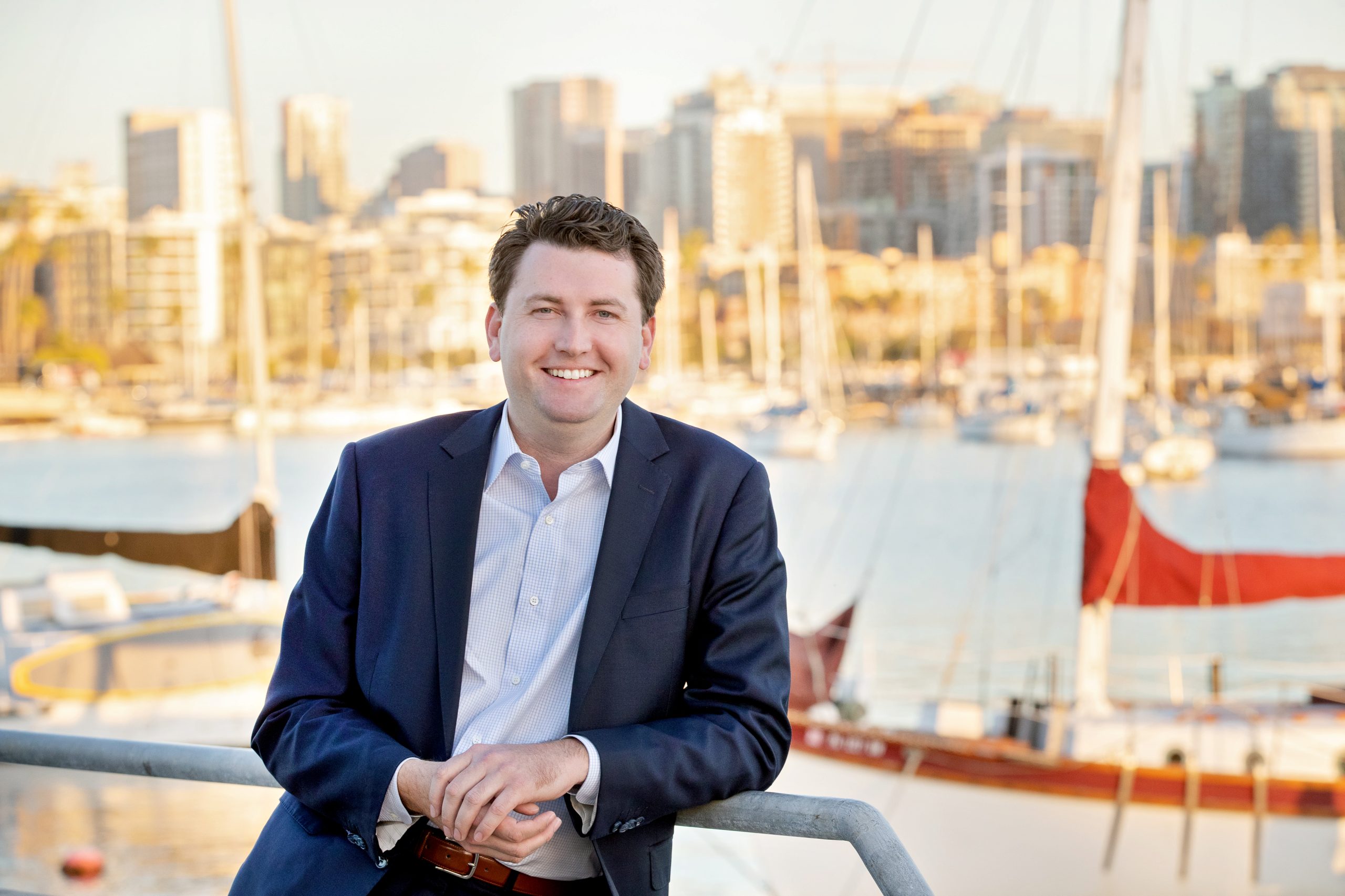This article was originally published in Voice of San Diego
Do our representatives on those regional entities – such as SANDAG and the Metropolitan Transit System – represent themselves and their personal opinions, or do they represent their city councils as a whole?
In December last year, just after I took office as a new La Mesa City Councilwoman, the San Diego Association of Governments board of directors considered its Regional Transportation Plan, a highly controversial $160 billion transportation blueprint for the region, which includes a vehicle mileage tax on drivers.
The SANDAG vote took place prior to my ability to request a public discussion of the plan by the La Mesa City Council. I am not La Mesa’s representative to SANDAG, which means I would not have the ability to vote on the plan.
Still, for several reasons, I requested the matter be placed on the Dec. 14, 2021, city council agenda. There are several other related actions that will need to follow in the months and years ahead, including placing a sales tax measure before voters and final SANDAG consideration of the vehicle mileage tax or alternatives to it. Therefore, discussion by the city council is far from moot.
The result was a robust city council discussion. Councilman Jack Shu, La Mesa’s SANDAG representative last year, defended his support of the plan. However, my focus was on why the city council as a whole had not discussed it prior to SANDAG consideration and provided any direction to Shu.
Although there seemed to be some city council hesitancy to “tie the hands” of their representatives on regional bodies such as SANDAG, Councilmember Bill Baber agreed with me that on significant regional decisions involving tax increases, the city council as a whole should consider such matters. Baber joined me in insisting that happen in the future.
SANDAG’s approval of the Regional Transportation Plan assumes a “reasonable expectation” that future funding sources would be identified and approved. Those funding sources include a series of tax measures, the first of which is at least a half-cent sales tax measure requiring voter approval on this November’s ballot.
I don’t believe it is “reasonable” to assume or expect those tax measures will be supported by voters – which then calls into question the entire funding plan itself.
I certainly don’t believe the multibillion-dollar plan, and all the tax and fee increases to support it are reasonable. I believe just the opposite.
I heard it loud and clear when I was running for office. People are hurting. The economy has impacted the ability of so many of them to move ahead or even stay afloat. Increased taxes on transportation do nothing but further stifle our freedom of movement and commerce, while depressing the economy and having huge unintended consequences.
Although La Mesa’s SANDAG representative voted to support the Regional Transportation Plan, I believe it is very important going forward that the city council have a public meeting and take a position on all of the related tax measures – as they each head for the ballot.
Your representatives should hear the concerns of our residents and then vote to take a position on any proposed tax and fee increases. What is the city council’s position as individuals and as a whole on various tax and fee increases? We all deserve to know.
All of this begs some procedural questions regarding La Mesa’s – and every city’s – representation on regional bodies like SANDAG. This is the very reason I asked for a city council discussion.
Do our representatives on those regional entities – such as SANDAG and the Metropolitan Transit System – represent themselves and their personal opinions, or do they represent their city councils as a whole? This is larger than just one specific vote on the Regional Transportation Plan or even just SANDAG votes.
When it comes to significant decisions, such as multibillion-dollar funding schemes that assume several tax approvals to follow, our representatives on those regional bodies are just that – our representatives. They may have a personal opinion on the matters, as we all do, but in the case of significant decisions, does that opinion match the majority opinion of their city council? Is it truly representative?
I strongly believe that on significant regional issues, it is a must that our representatives seek city council opinion and direction on such votes – in a public meeting with public input from our constituents.
In La Mesa, I look forward to this taking place in the future. Issues like these are about the entire city council and those we represent.
Photo Cred: Vito Di Stefano/ Voice of San Diego




